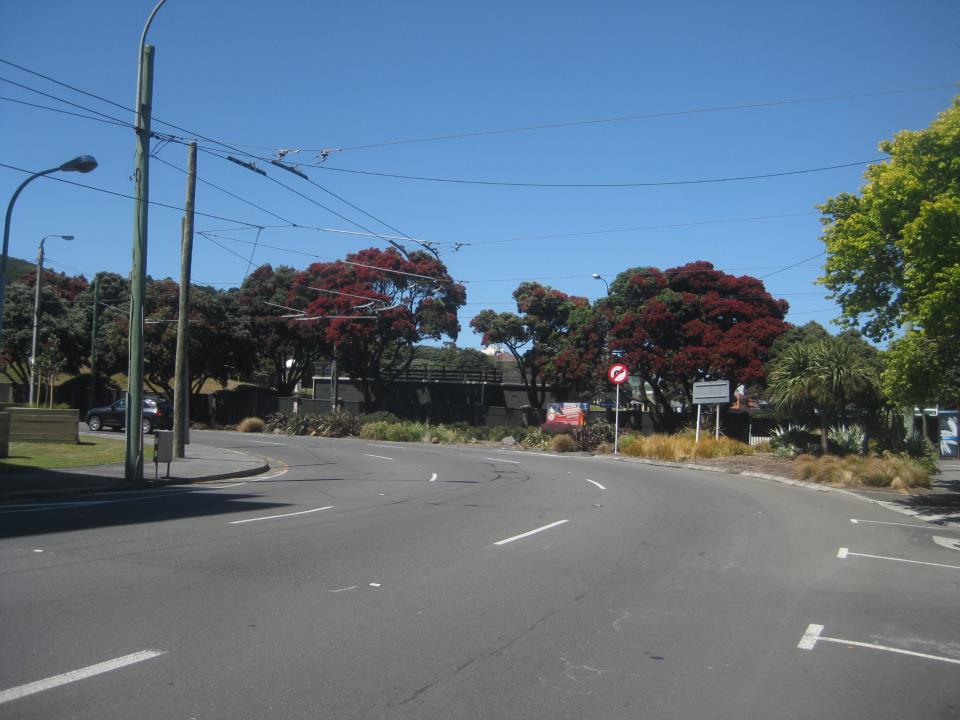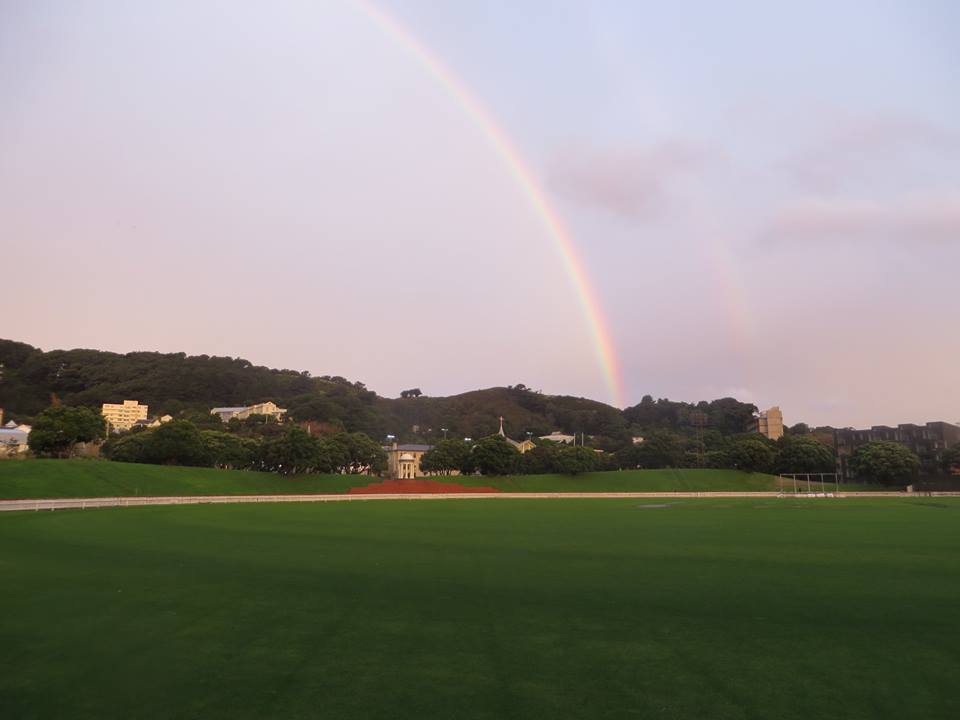“Peak car” acknowledged by the Ministry of Transport
Following each General Election, Government departments prepare a Briefing for the Incoming Minister (BIM). Patrick Morgan of Cycle Aware Wellington has drawn my attention to the following passage from the Ministry of Transport’s BIM – emphasis is mine:
“The average distance travelled per-person in light passenger vehicles has fallen by around 8 percent, from a peak of about 7,600km in 2004, to around 7,000km in 2013. The total distance travelled over the same period has increased marginally (from 39.3 billion kilometres in 2004 to 40.4 billion kilometres in 2013) as a result of population growth. This trend is not unique to New Zealand – it has been observed in a number of developed countries.
There is some debate as to whether this trend is the result of economic factors or a more structural shift in attitudes towards personal transportation. The fact that this trend emerged before the onset of the global financial crisis gives cause to believe that social, behavioural and lifestyle factors (such as the proliferation of smart phones, social media, online shopping and video conferencing) may also be having an influence. A related trend is a reduction in the number of driver licences being issued. In particular, fewer young people are choosing to drive. This suggests that in some groups, the perceived merit of car ownership and use may be declining.”
(from http://www.transport.govt.nz/about/publications/briefingtoincomingminister/)
Save the Basin has already drawn attention in the media to New Zealand research showing that young people in urban centres are turning away from driving private cars. It’s great to see that the Ministry of Transport has picked up on this. The question now is: are the Government and NZTA willing and able to realise that the assumptions on which their transport thinking is based no longer apply?

Presentation draws together the many health benefits of reorienting transport planning
OraTaiao, the New Zealand Climate & Health Council, is playing an increasing role in drawing attention to the negative health implications of the Government’s obsession with funding motorways while depriving sustainable transport and active modes of financial support. Last week, Russell Tregonning of OraTaiao delivered an excellent presentation entitled Transport, Climate and Health: Wellington at the cross-roads that draws together:
- the urgent need to reorient transport planning and spending to reduce greenhouse gas emissions from transport
- the other public health and economic benefits that would flow from doing so – such as reductions in crashes, air pollution, and obesity and related ailments
- the changing patterns of transport behaviour that are helping to change transport planners’ and Government’s transport thinking worldwide
We encourage you to download, read and share Russell’s presentation.
